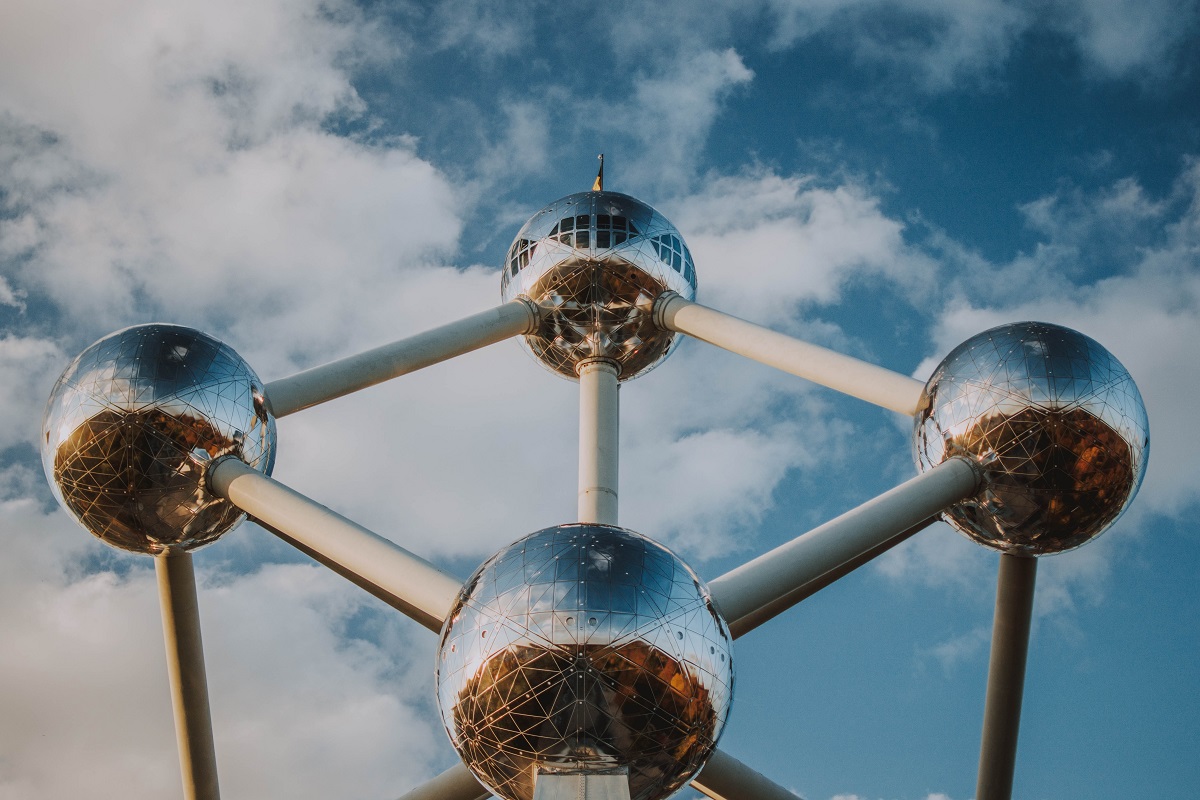A simple and useful guide about how the European Union Institutions work, their set-up and their location. This is the 5th article of a series written by Citizens of Europe editorial staff.
What is the Council of The European Union?
The Council of the European Union represents the governments of EU countries. The Council of the EU is where national ministers from each government meet to adopt laws and coordinate policies. The Council of the EU takes decisions on European laws jointly with the European Parliament, it holds the legislative power.
There are different kind of Council’s meetings: infact the ministers meet in 10 different configurations, based on the topic to be discussed (Economy, Domestic Policy, Foreign Affairs and so on), for this reason, there are no fixed memebers.
Usually the meetings take place in Brussels, except for three months (April, June and October) when they are held in Luxembourg.
Take care: The Council of European Union and the European Council are two different insitutions!
Role and Power
The standard legislative procedure is that the legislative proposal is presented by the Commission, after that both the Parliament and the Council of the European Union have to accepted or propose changes in the form of amendments.
Other tasks of the Council of the European Union are:
- negotiates and adopts EU laws, together with the European Parliament, based on proposals from the European Commission;
- coordinates policies of EU countries;
- develops the EU’s foreign & security policy, based on European Council guidelines;
- concludes agreements between the EU and other countries or international organisations;
- adopts the annual EU budget – jointly with the European Parliament

